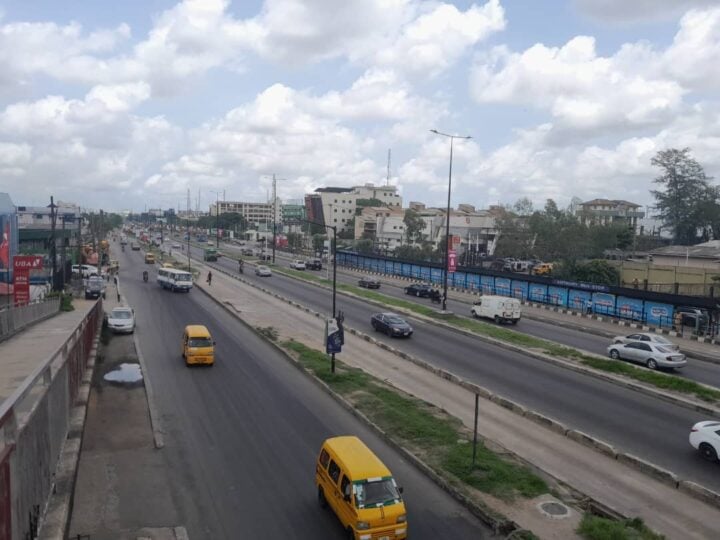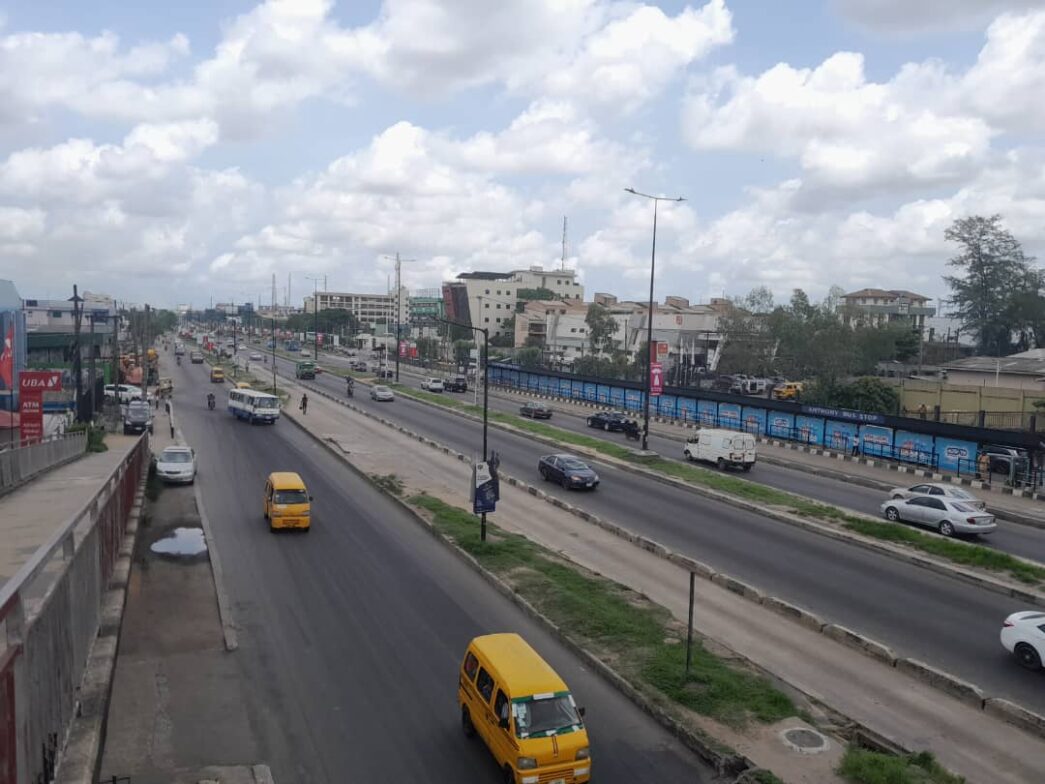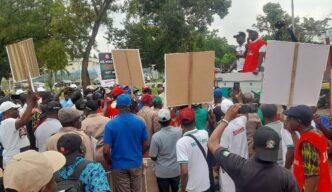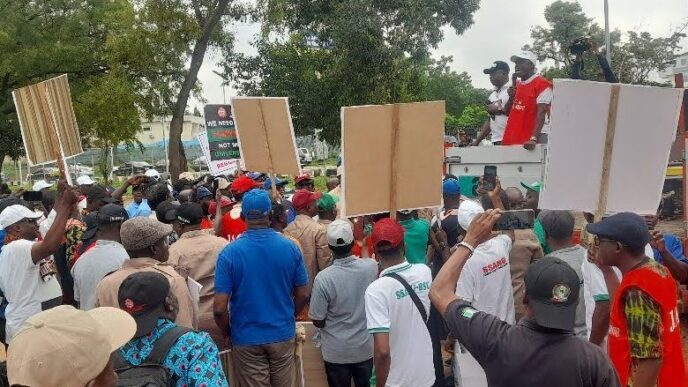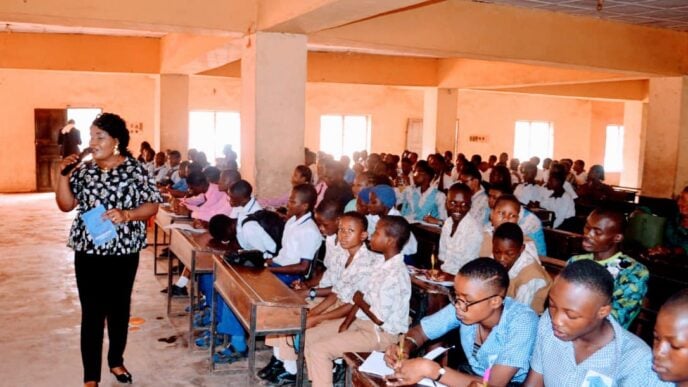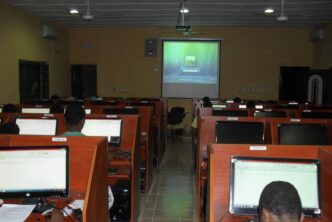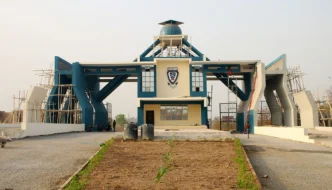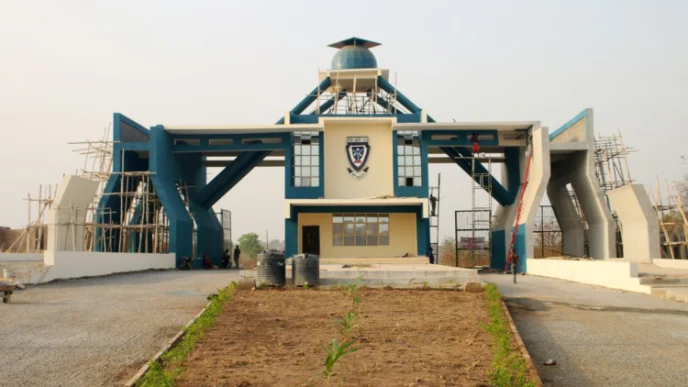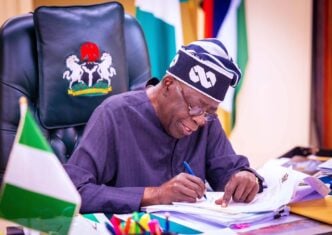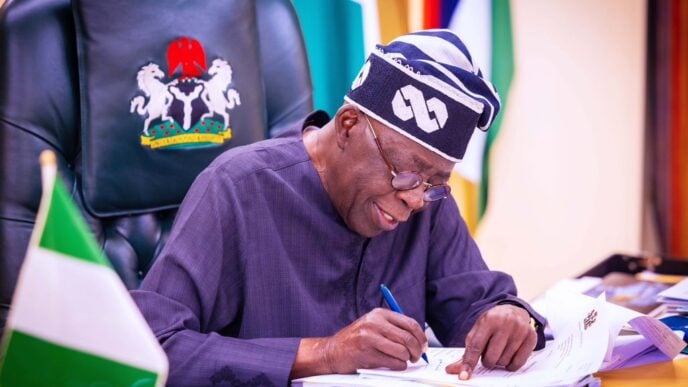Toyin Falola, a professor of African history, has argued that economic mismanagement is mostly the cause of Nigeria’s grim poverty index.
On Thursday, Falola delivered the fourth convocation lecture of Koladaisi University (KDU) at the institution’s campus in Oyo state.
In his lecture titled ‘Advancing Nigeria’s Future’, he argued that the potential envisioned during Nigeria’s independence has been “squandered”.
“Nigeria has spent much of its existence attempting to reclaim its potential,” said the academic.
Advertisement
“Despite repeated national conferences aimed at charting a course to sustainable development, including the notable 2014 national conference under former President Goodluck Jonathan, resolutions remain unimplemented.
“For 64 years, we’ve had discourse but no true movement forward. Instead, we’ve drifted further into a state of underdevelopment.”
Falola linked Nigeria’s economic challenges to a legacy of mismanagement that has steadily eroded the country’s wealth.
Advertisement
Citing historical context, he referred to a famous claim by Yakubu Gowon, former head of state, that Nigeria’s problem was “not money but how to spend it”.
Speaking on Nigeria’s reliance on foreign loans, Falola said the country has yet to reap the benefits democracy supposedly brings.
The professor painted a grim picture of a nation “overrun by greedy and parasitic leaders” who he argued “perch on the seat of power only to spend, pillage, and sell the future of the country at the expense of its citizenry”.
“The country has become a breeding ground for political, social, economic, and religious crises, which may worsen soon unless and until they are addressed,” he added.
Advertisement
“Nigeria’s problems will not disappear if the dream of a prosperous, peaceful country remains unrealised. Although achieving this dream may seem like a long shot given the current situation, it remains possible with exemplary efforts and commitment to reform.
“An excellent way to start is to eradicate the root problems of bad governance, economic underdevelopment, and many others.
“While the buck lies in the hands of our leaders to advance the nation’s future, we, the citizens, have considerable roles to play in realising this country and the future we all want.”
A “high poverty index” would indicate a significant level of poverty within a specific population.
Advertisement
The poverty index can be measured across such metrics as income, unemployment, and access to social services.
According to the NBS, 40.1 percent of people in Nigeria are poor and 63 percent are multidimensionally poor.
Advertisement
Add a comment
